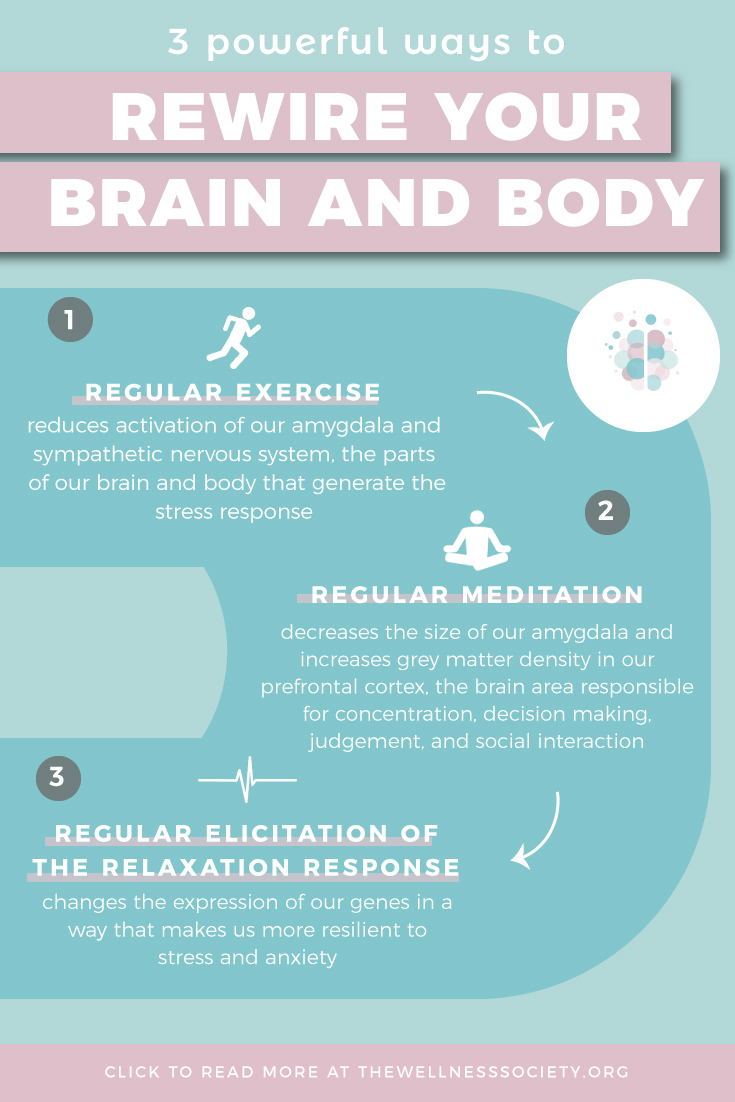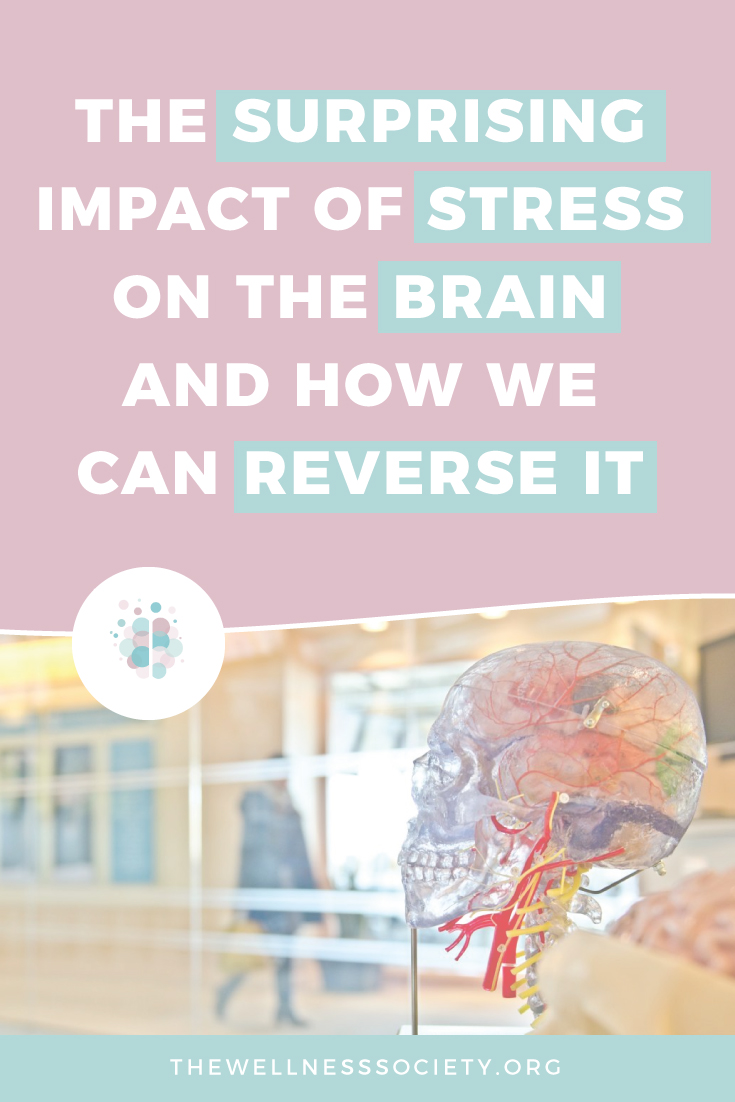
Therapy for Trauma Survivors
Online Guide
December 10, 2018
How to Deal With Compassion Fatigue: 3 Mindset Shifts to Help You Feel Better
January 21, 2019Unlike physical illnesses, mental health issues are not always visually evident. This leads to a pervasive misunderstanding, with many people not taking mental health as seriously as it deserves.
By delving into the science behind stress and its profound effects on the brain, we can shed light on the invisible battles many people face, making the invisible more tangible.
By acknowledging that mental health struggles have a biological basis, we also dismantle the stigma surrounding these issues. This understanding emphasizes that mental health is as legitimate as physical health, deserving the same attention, empathy, and care.
The Biology of Stress
Short Video Summary
Chronic stress results in changes to numerous parts of our brain including the amygdala, HPA axis, hippocampus, and prefrontal cortex. These changes are associated with signs of chronic stress such as problems with concentration, memory and stress control.
Improving our mental health through interventions such as exercise and meditation can reverse harmful brain changes and prevent the development of more serious issues.
Full Video Summary
- Chronic stress can affect brain size, brain structure and brain functionality.
- It increases the activity level and the number of neural connections in the amygdala, our brain’s fear centre. As a result, our sensitivity to stress and anxiety is increased.
- It shrinks our prefrontal cortex, the part of our brain responsible for concentration, decision making, judgement, and social interaction.
- It deteriorates the electric signals in the hippocampus, the part of our brain associated with learning, memories and stress control. Fewer new brain cells are made in the hippocampus, which may make it harder for us to learn and remember things. Over time, this may lead to more serious mental problems such as clinical depression and Alzheimer’s disease.
- Research suggests that nurturing upbringings result in the creation of more cortisol receptors, which stick to cortisol and dampen the stress response.
- Therefore, people who experience nurturing upbringings are more stress-resilient, and those with traumatic upbringings are more stress-reactive.
Tangible Changes in the Brain and Body
Importantly, there are many ways to help reverse the impact of chronic stress on the brain. These include exercise, meditation and eliciting the relaxation response. How do they help rewire our brain and body?
Exercise
Regular exercise reduces the overall activation of our amygdala and sympathetic nervous system – the parts of our brain and body that generate the stress response. Exercise also stimulates chemicals in the brain called “brain-derived neurotrophic factors” which help new brain cells to grow and develop. This process is called "neurogenesis".
Studies suggest that just ten weeks of regular exercise is enough to significantly improve your mental health.
Meditation
Regular meditation decreases the size of the amygdala and increases grey matter density in the prefrontal cortex, the brain area responsible for concentration, decision making, judgement, and social interaction. Regular meditation is also associated with changes to the hippocampus (learning and memory) and the cingulate cortex (decision making).
Interestingly, research suggests that just eight weeks of regular meditation practice is enough to produce similar brain changes to those seen in people who've been meditating most of their lives!
Relaxation
The relaxation response involves intentionally slowing our breathing, heart rate and reducing our blood pressure.
It's linked to a reduction in the production of stress hormones, such as cortisol and adrenaline, as well as the downregulation of pro-inflammatory genes, fostering an anti-inflammatory environment in the body. In addition, the relaxation response has been associated with improvements in immune function, including increased activity of natural killer cells and enhanced antibody response.
Summary
The less visible struggles of mental health are no less real or significant than visible physical ailments. The science of stress and its effects on the brain provides a tangible framework demonstrating the importance of mental health. Your efforts to feel better mentally result in real, physical changes inside your brain and body. Never underestimate the significance of your mental health journey!Trauma-Informed Self-Guided Support for Mental Health
Research shows that self-help materials are often enough for people to overcome mild to moderate mental health difficulties without professional support.
If you’re interested in a trauma-informed self-guided program, be sure to check out The Mental Wellbeing Toolkit.

About Rebecca
Rebecca is the founder of The Wellness Society and has a background in mental health charity management.She's the author of two books which were previously on Amazon: The Framework and Understanding and Healing Trauma.
She's passionate about creating innovative, concise and compassionate mental wellbeing tools that address the root causes of distress.Pin This Page




